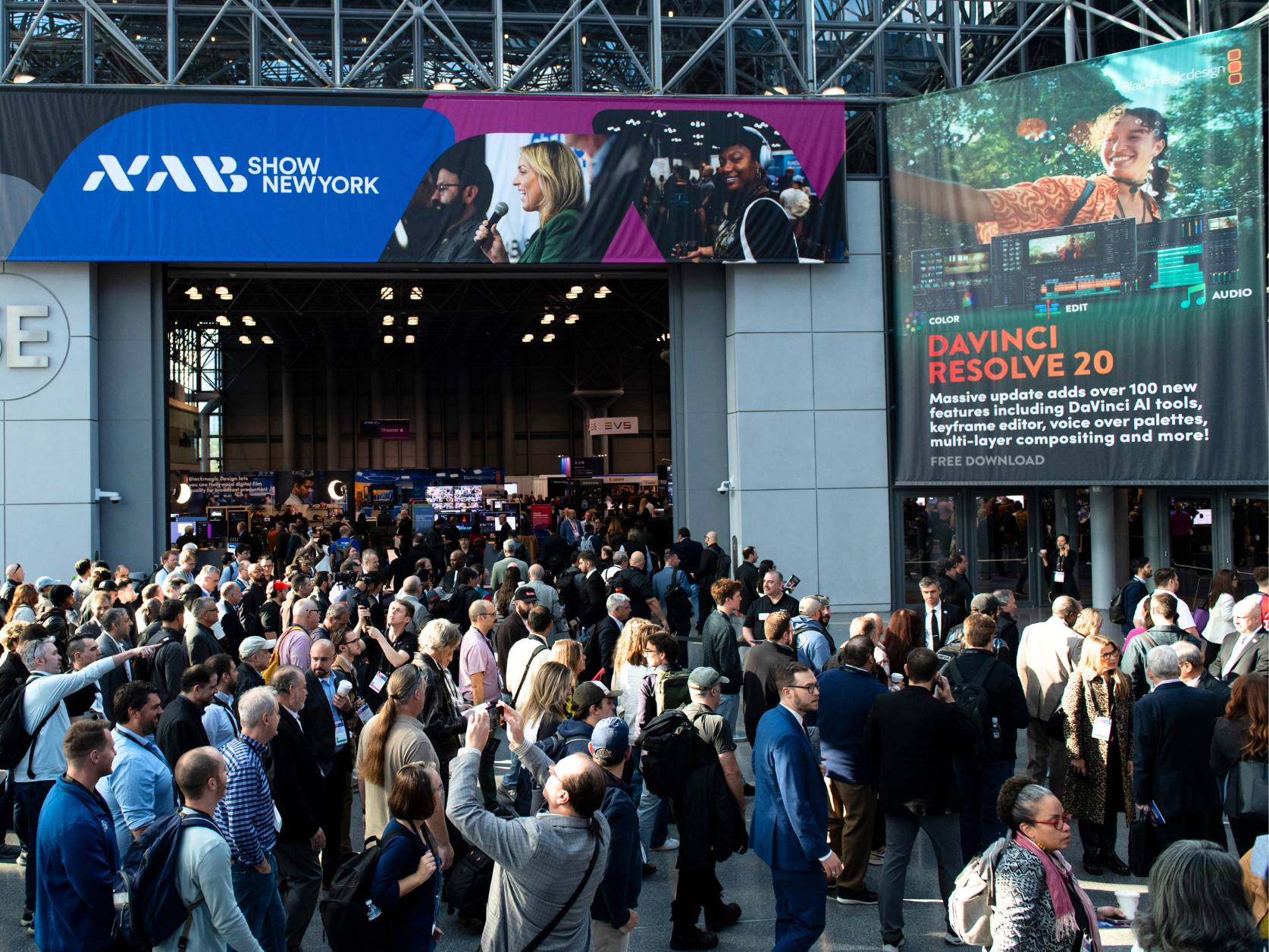On Episode 7 of The Satellite & NewSpace Matters Podcast we spoke to marketing and communications expert Dave Hebert. With an impressive career across the communications industry, Dave moved into the space sector in 2016 and is now the Vice President for Global Marketing and Communications at Astroscale. Having worked with companies such as MITRE and The Aerospace Corporation, Dave’s insights on communicating the space industry to the world are at the forefront of the conversation.
How do people currently see the Space industry?
There is a contradiction in the public perception of space. On one hand it’s an unending source of inspiration, creativity and wonder, and it’s a permanent fixture in the pop culture zeitgeist. Franchises like Star Wars and Marvel that are in many ways space-based generate interest around the world and billions of dollars in revenue. That actually speaks to the problem that the industry faces, which is that space remains in that fantasy realm for so many people.
On the other hand, space is seen as an ivory tower that is meant for a select few, not for everyone. It’s become inaccessible and expensive – a playground for billionaires. The public opinion surveys about civil space programmes often reveal that people are very excited about civil space and exploration, but when they see the price tag, they baulk at it. When you look at wider civil spending, that number is actually relatively small, but that’s the tension of the economy. High profile celebrities and heads of state are vilified for spending money, effort and attention up in space when we have so many issues down on Earth. The world just doesn’t get it. We need to continue having that conversation and help the world understand how space can serve as a vehicle for improving quality of life on Earth.

What do you think is one of the most important challenges that the industry needs to overcome to guarantee its future relevance in the minds of the people outside of it?
The industry is facing consolidation. There’s been so much growth in the space sector, but it’s not realistic to expect that growth to be evenly distributed across the industry. Value creation, data products and services that connect with other sectors will help us build relationships. That’s an important direction for the space industry to take. What are other sectors’ aspirations? What are their pain points? What can space do to help with those things? Terrestrial industries are fundamental to quality of life, so let’s ask ourselves ‘What is it they’re trying to do? Is there any way that we can make it easier for them to do that or overcome the obstacles they face in doing it?’ We’ve defined the end user in the space sector as the companies who buy our data, but there are people two or three steps down that ladder who have no idea what space could do for them, even though they rely on it. We need to start focusing on those people instead.
How do you think we can address the disparity between people’s perception of our industry and the reality of what we do?
It’s all about bringing people into the sector. The first question that space businesses and organisations need to ask themselves when they’re recruiting is, ‘Does this position have to be filled by somebody who’s already in the space sector?’ There are some roles where the answer is a very quick, immediate, yes, but the question should always be asked in a very earnest way. If you can’t answer yes, you have to say, ‘Okay, well where do we never show up?’ Identify those communities and say, ‘Hey, we need people like you, are you aware that a job in the space sector might be an opportunity for you?’ We should be inviting people in.
We also need to be equipping our recruiters to diversify their networks. Consider questions like ‘How are you reaching out? Are you engaging with universities that represent an excellence in skill sets that are not related to the usual circles you run in? Are you approaching diverse candidates that you don’t normally pursue? Are you engaging professional societies that are not in the space sector?’ The burden is on us to go outside of our comfort zone and find underrepresented communities and say, ‘We need people like you’.
To find out more about creating diversity in the sector, tune into The Satellite and NewSpace Matters Podcast here.
We sit down regularly with some of the biggest names in our industry, we dedicate our podcast to the stories of leaders in the technologies industries that bring us closer together. Follow the link here to see some of our latest episodes and don’t forget to subscribe.


